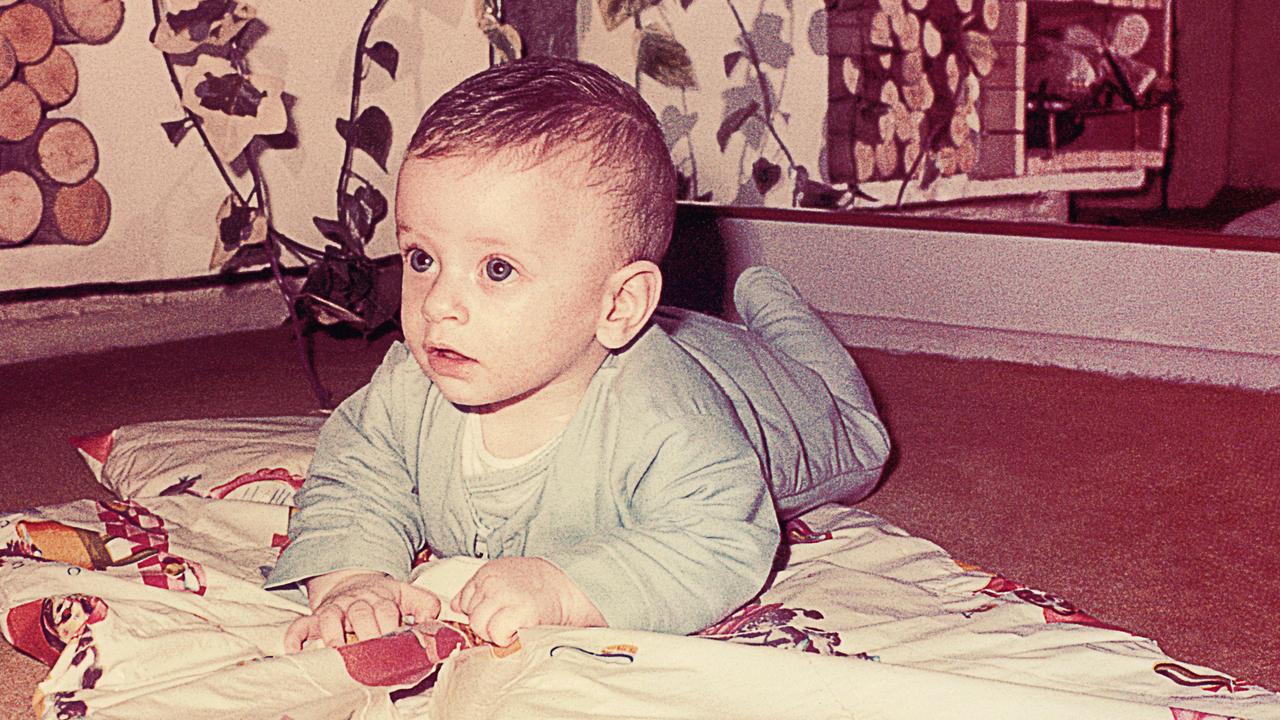Secret love child rocks 40-year marriage
Wife was left “devastated” after discovering her husband kept his love child secret for 40 years.

Welcome to Relationship Rehab, news.com.au’s weekly column solving all your romantic problems, no holds barred. This week, our resident sexologist Isiah McKimmie helps a woman who feels betrayed by her husband of 40 years.
QUESTION: I have been with my husband for more than 40 years, and a few years ago, he revealed he had a daughter with a woman he was with before we met. While there was never any infidelity, he also revealed he was still in contact with his ex. I was blindsided – he never mentioned his child or the other woman in our entire relationship. I was obviously devastated by the betrayal, and although he apologised, I can’t let it go. How can I move on from this?
ANSWER: When there has been betrayal, ‘sorry’ is never enough. If you are to recover from this, it will take considerable time and effort from both of you.
There are many reasons why you might choose to stay after betrayal
If I’m honest, I would be more upset that he hadn’t mentioned the child than staying in touch with his ex. I understand that the choice with his child may not have been his, but this essentially means he hasn’t had significant contact with his daughter, nor attempted to make her part of his new family. This would be a game changer for some people.
However, I understand there may be many reasons why you would choose to stay in this relationship and try to make the best of it. While those around you may never understand your decision to stay, I want to reassure you it is a valid decision to make.

Recovery from betrayal takes time
Any betrayal, especially one that has been ongoing for a length of time, will take time to recover from. It will usually take much longer than both of you hoped.
Making a decision to move forward is only the beginning. It doesn’t guarantee anything of how long it will take or how successful it will be.
It’s frustrating for the person that has done the betraying to feel like they are, for a time, continuously apologising. But betrayal in a relationship isn’t a schoolyard tiff. It’s naive to think that a betrayed partner can just make a decision to ‘move on’ and then somehow let go of all their hurt.
You may have PTSD
I’m cautious of raising this possibility, as I don’t want to alarm you. However, developing PTSD after discovering a partner has been lying to you is a very real possibility.
It’s important for both you and your partner to know that the symptoms that can arise from this – intrusive thoughts, flashbacks, anxiety, questioning – are not a choice to punish him. They’re the result of a certainty you thought you had falling apart.
Recovering from betrayal requires action
Time alone won’t heal this wound. Recovery won’t just be up to you, but also your husband’s efforts and ability to deal with this.
Recovering from betrayal needs to be something you take action on together. It will be emotional and it will be challenging. It’s also the only way to really move forward.

Here are just some of the actions it will take to recover:
1. Learn to communicate effectively together
We can’t process anything without good communication. If we try to, the issue just gets pushed under the rug or stays stuck, ultimately emerging later.
It’s challenging, but you’ll need to find ways to share your hurt vulnerably, without using communication styles like attack and criticism that could damage your relationship further.
You need to feel fully understood by your husband in order to ‘let this go’. That won’t just be one conversation. You will need to feel he truly understands and empathises with the ongoing impacts his deceit has caused you.
He’ll need to communicate empathy and remorse without shutting down. If he can’t take responsibility for the hurt his actions have caused, it will be hard for you to move on.

2. Understand what went wrong
Moving on also requires some understanding of the past. What led your partner to withhold this? Were there any dynamics in your relationship and communication that added to his decision to withhold important information?
3. Take time to rebuild trust and connection
Rebuilding trust isn’t a decision – it’s built through small actions, consistently.
Consider getting professional support
Working through highly emotional issues alone is hard. Getting professional support from a well-trained therapist can give you emotional support and practical tools to help.
Isiah McKimmie is a Couples Therapist, Sexologist, Sex Therapist and Lecturer. To book a session with her, visit her website or follow her on Instagram for more advice on relationships, sex and intimacy.






